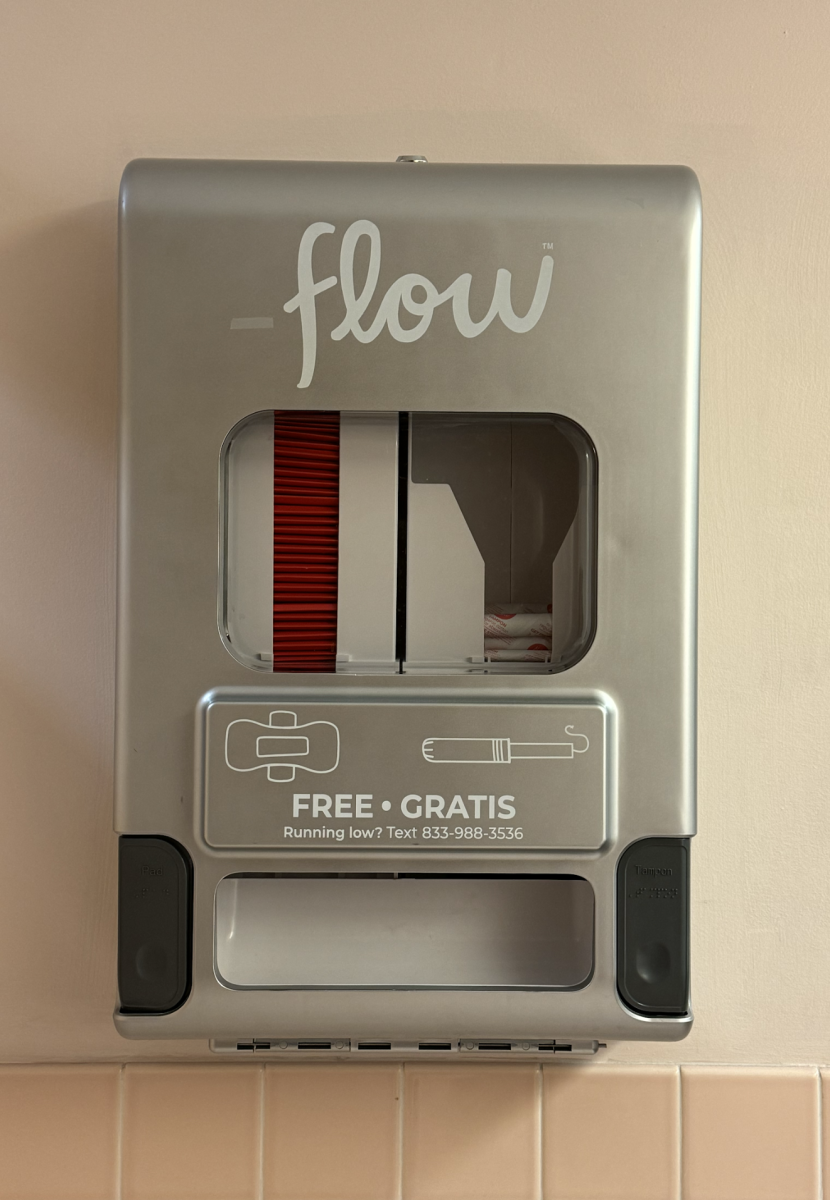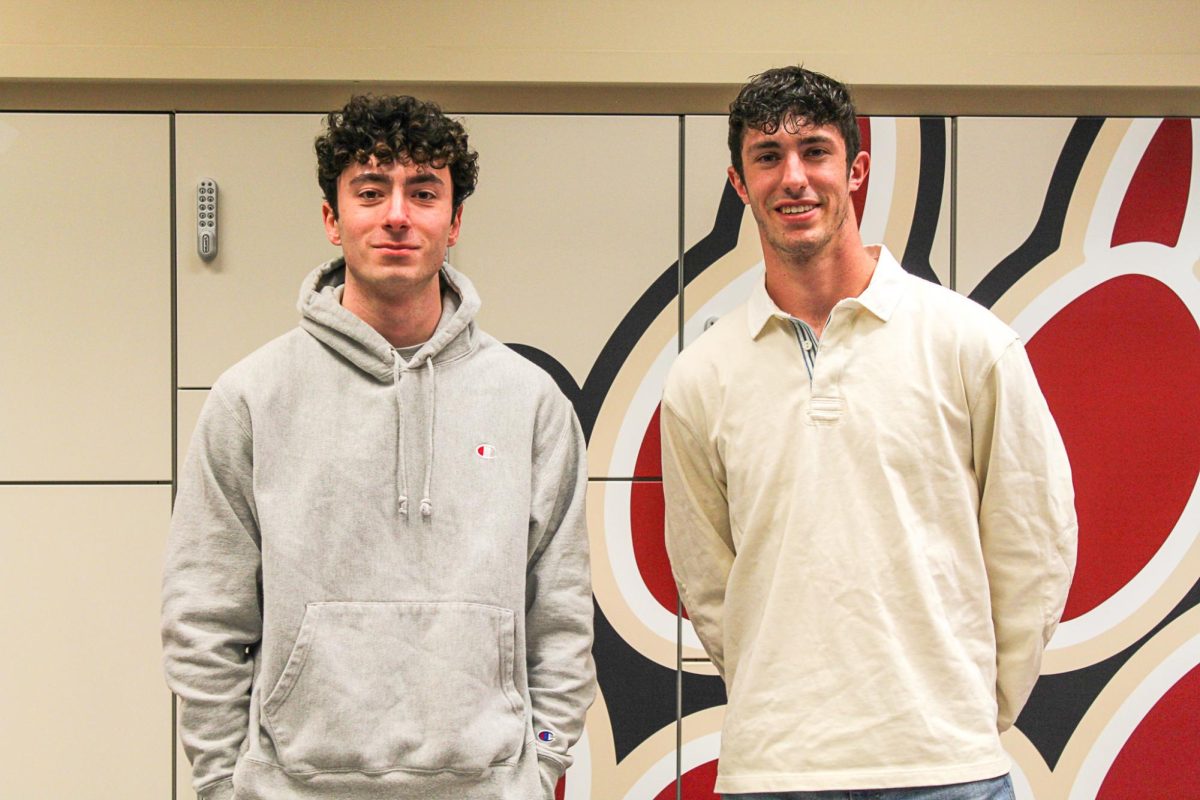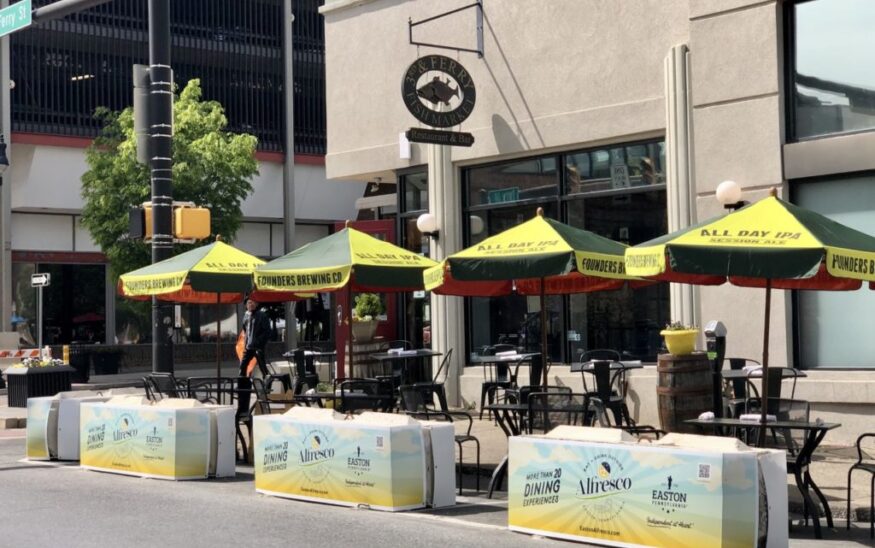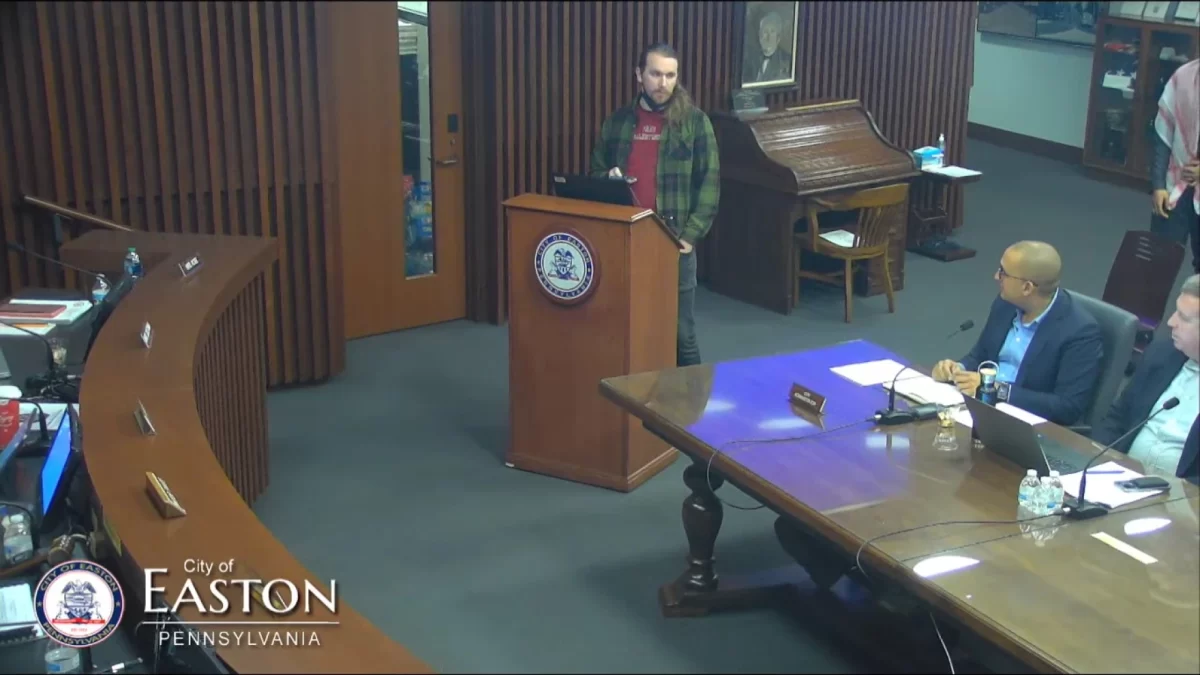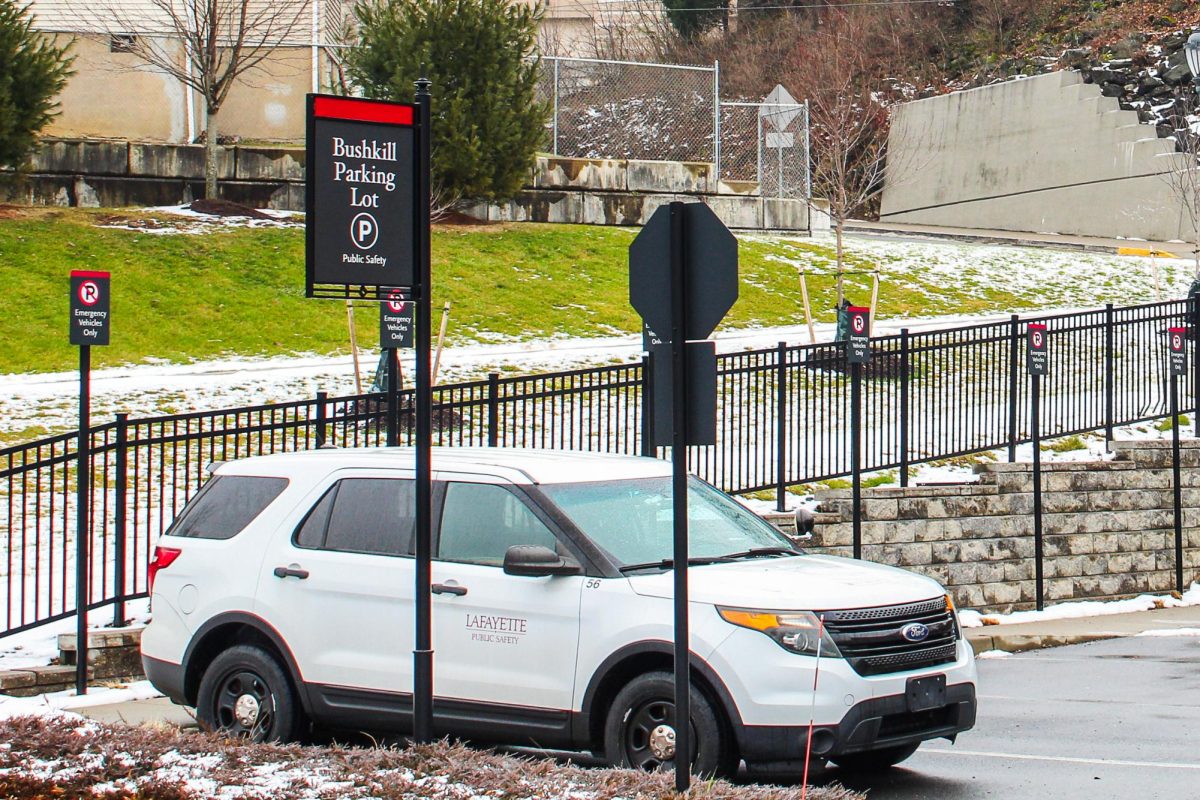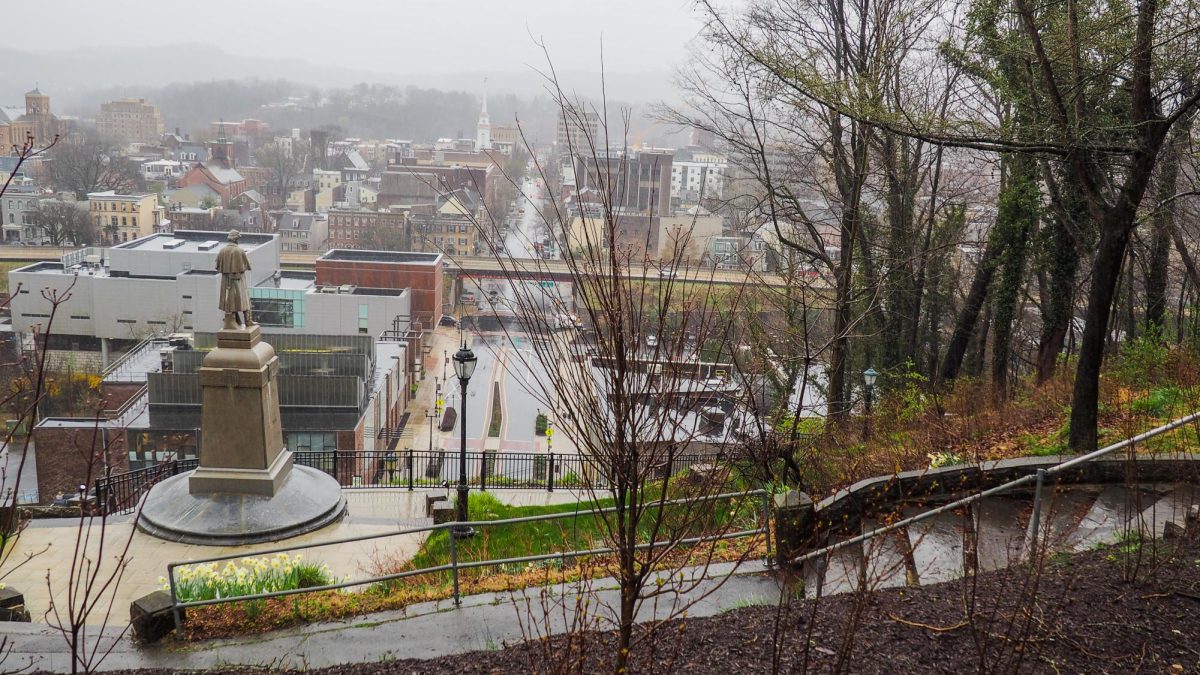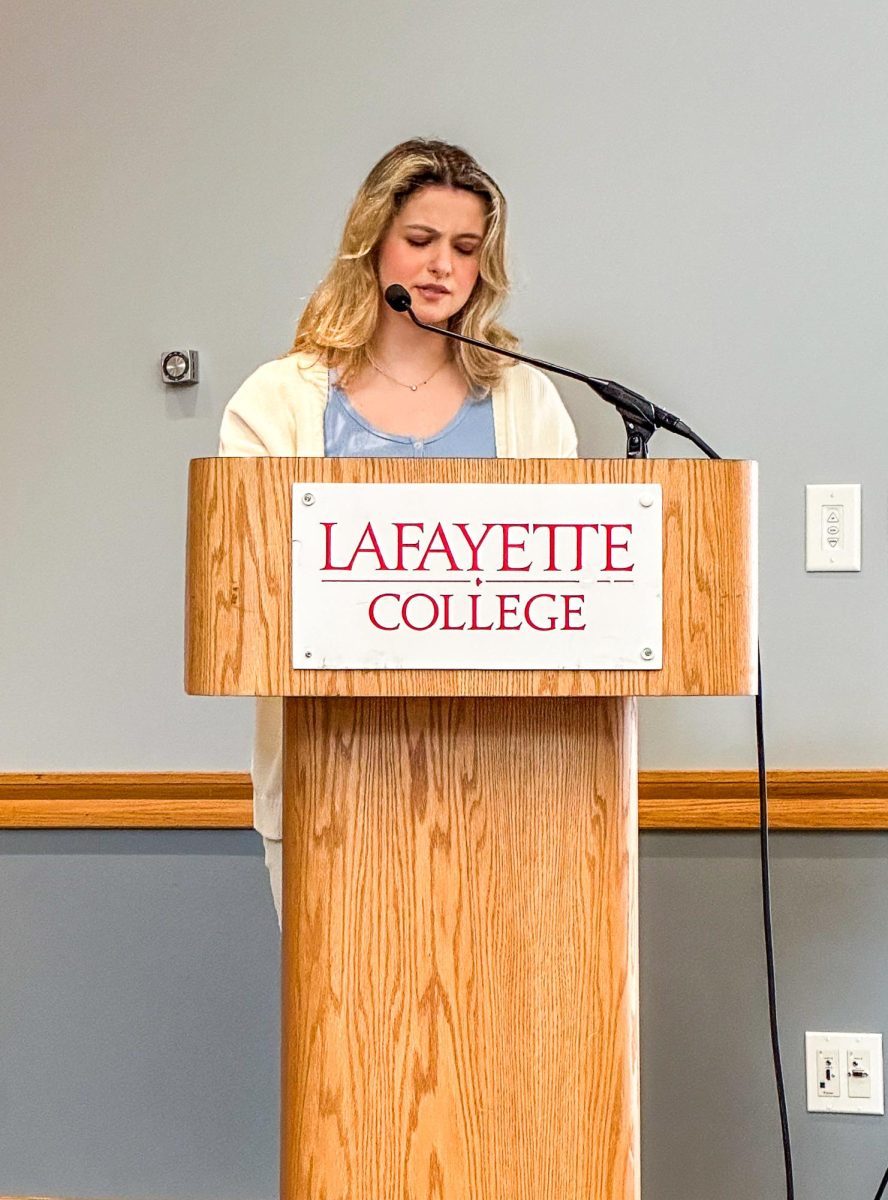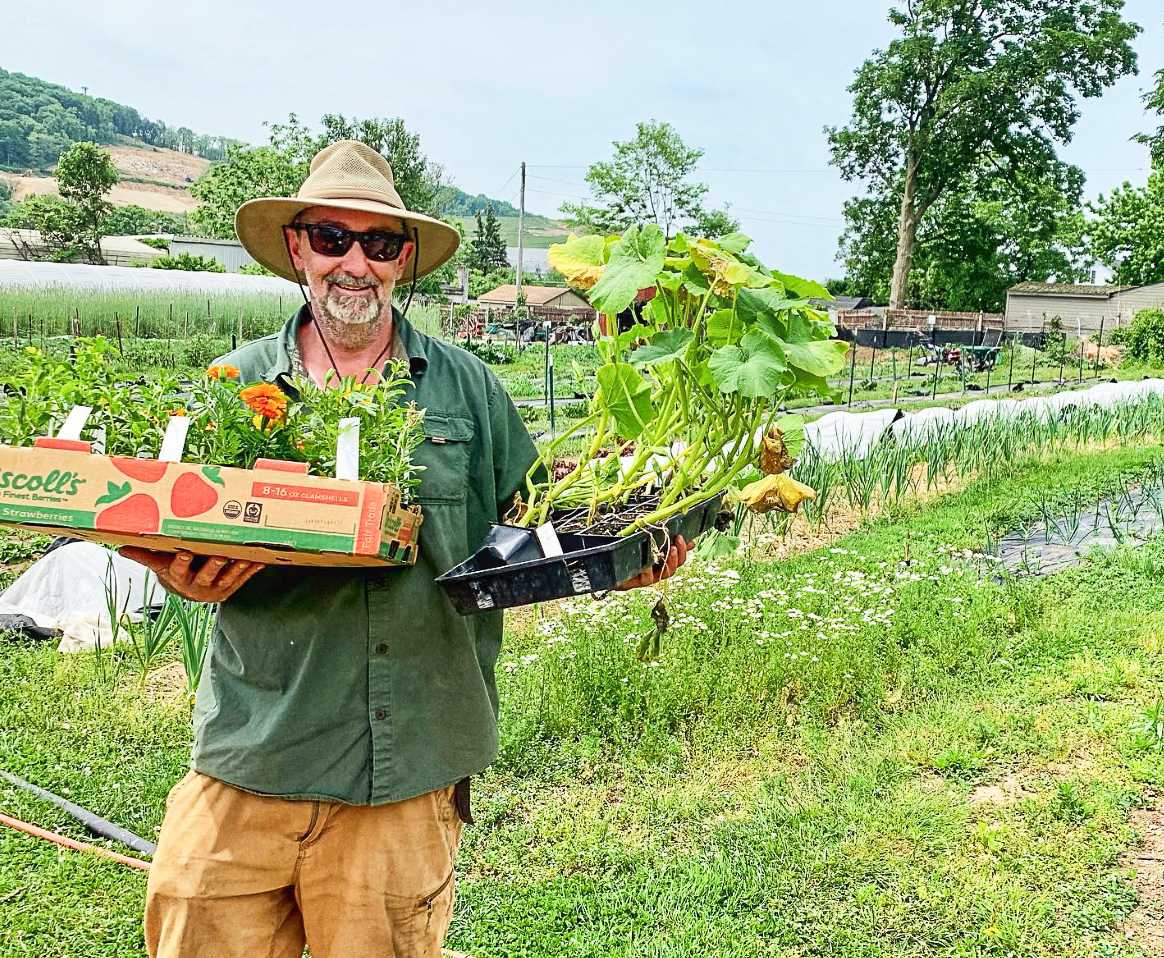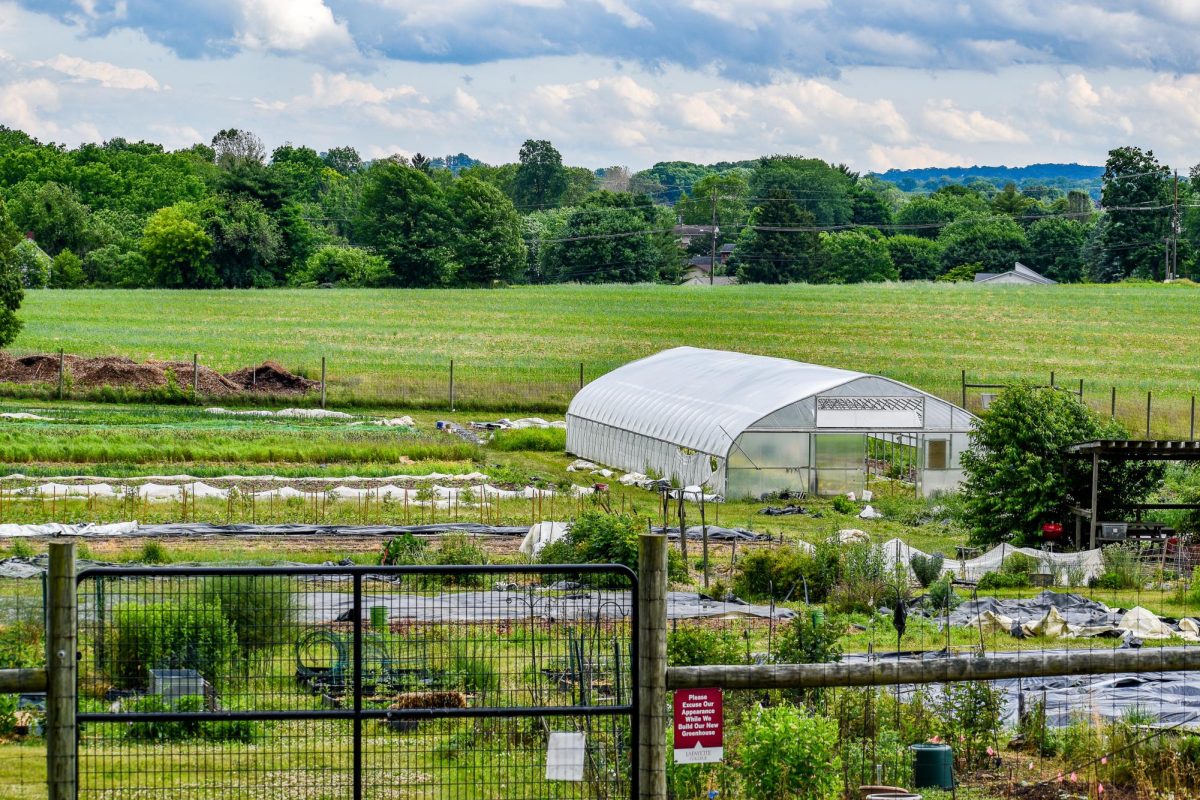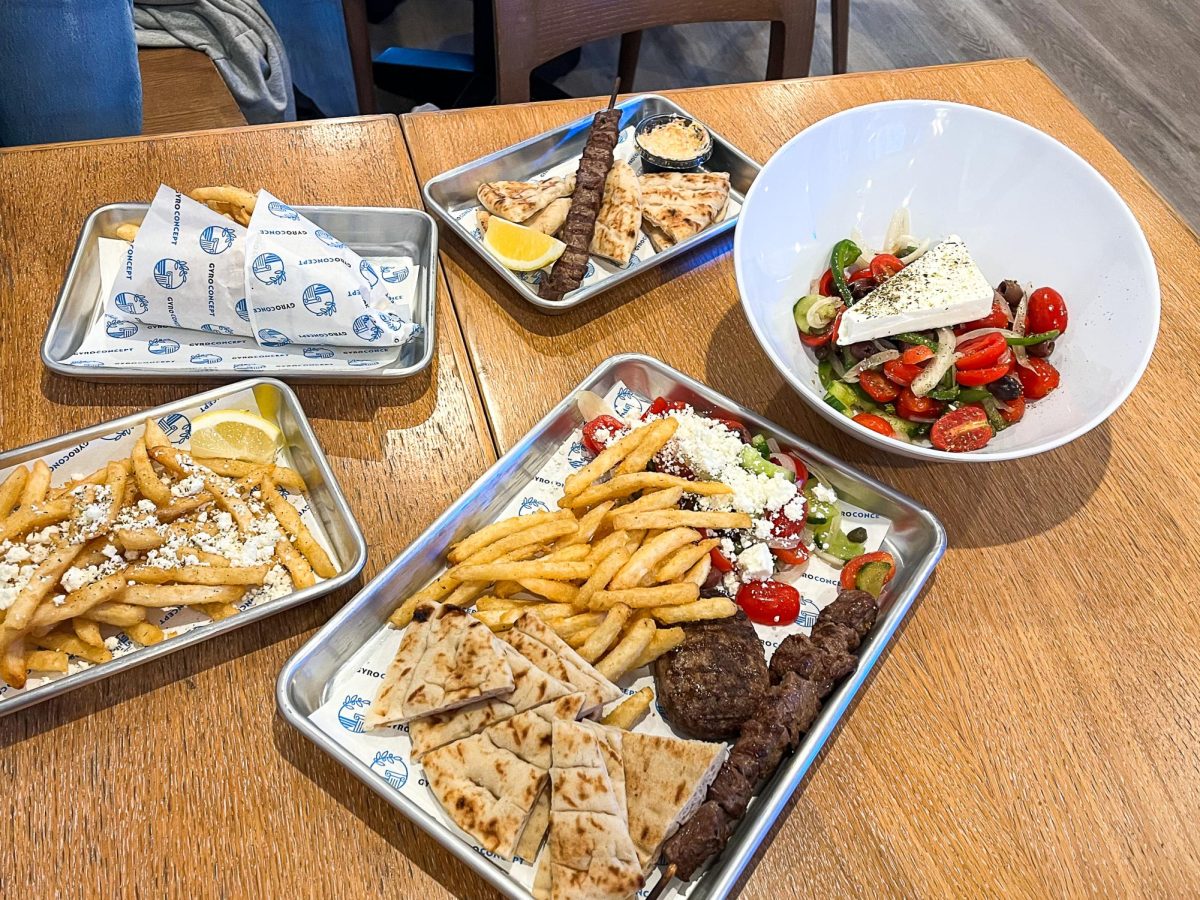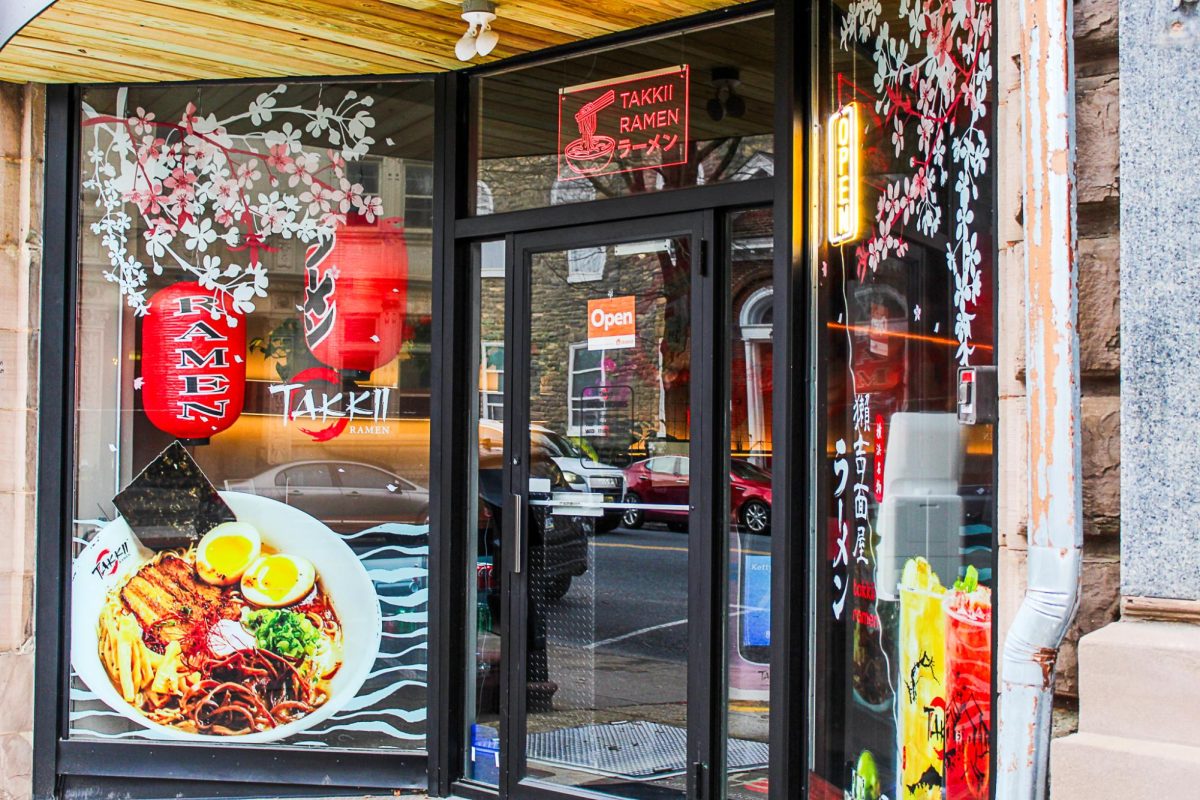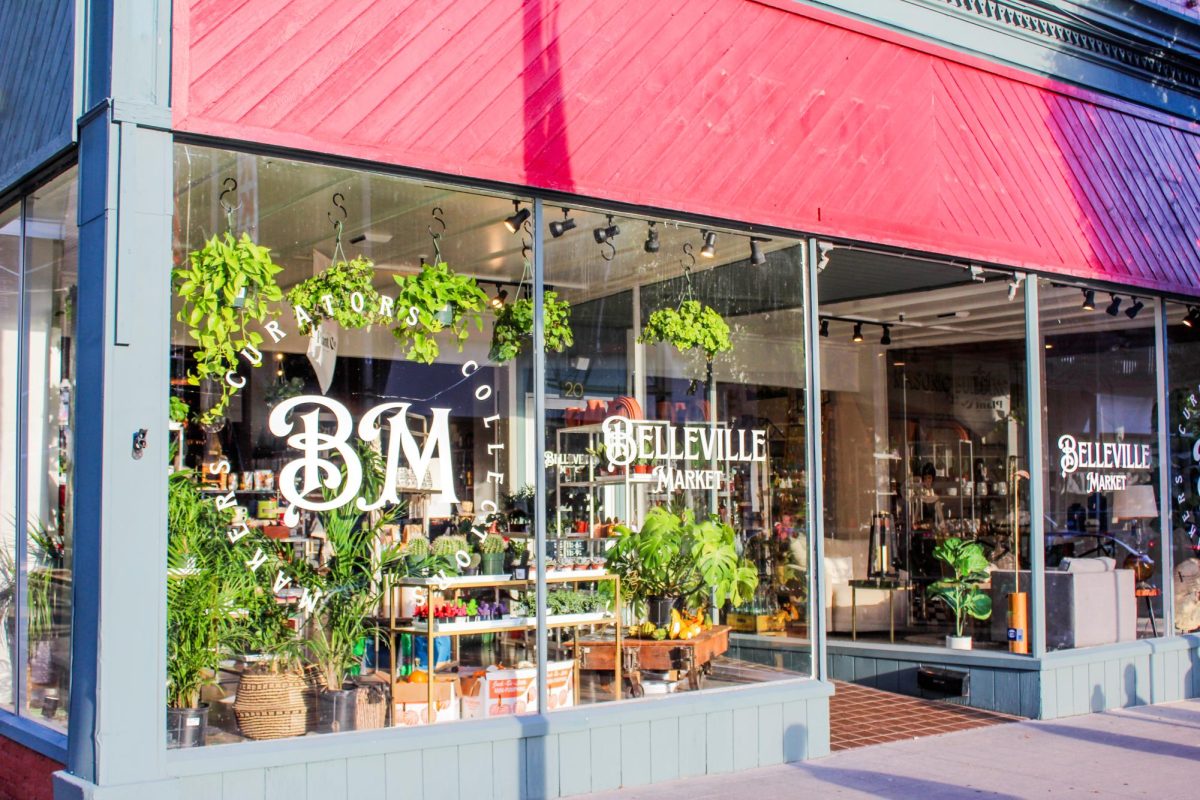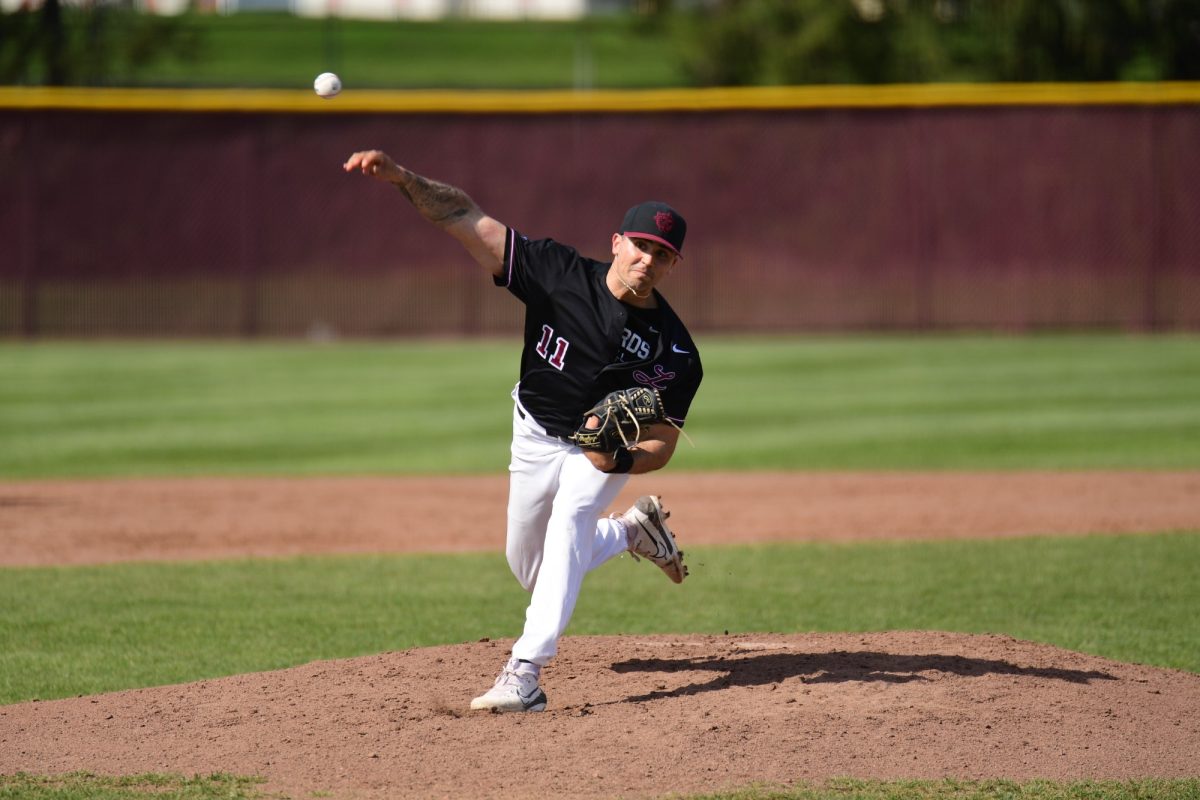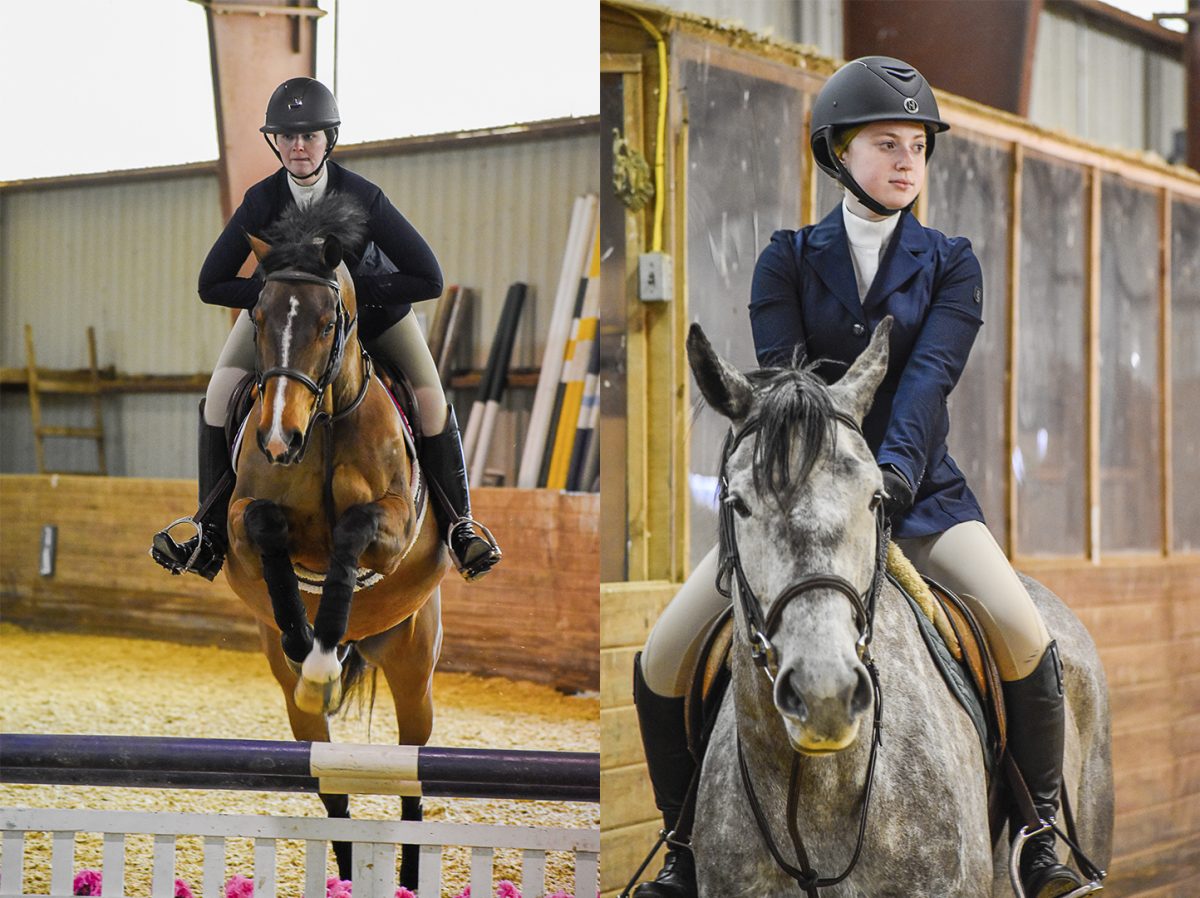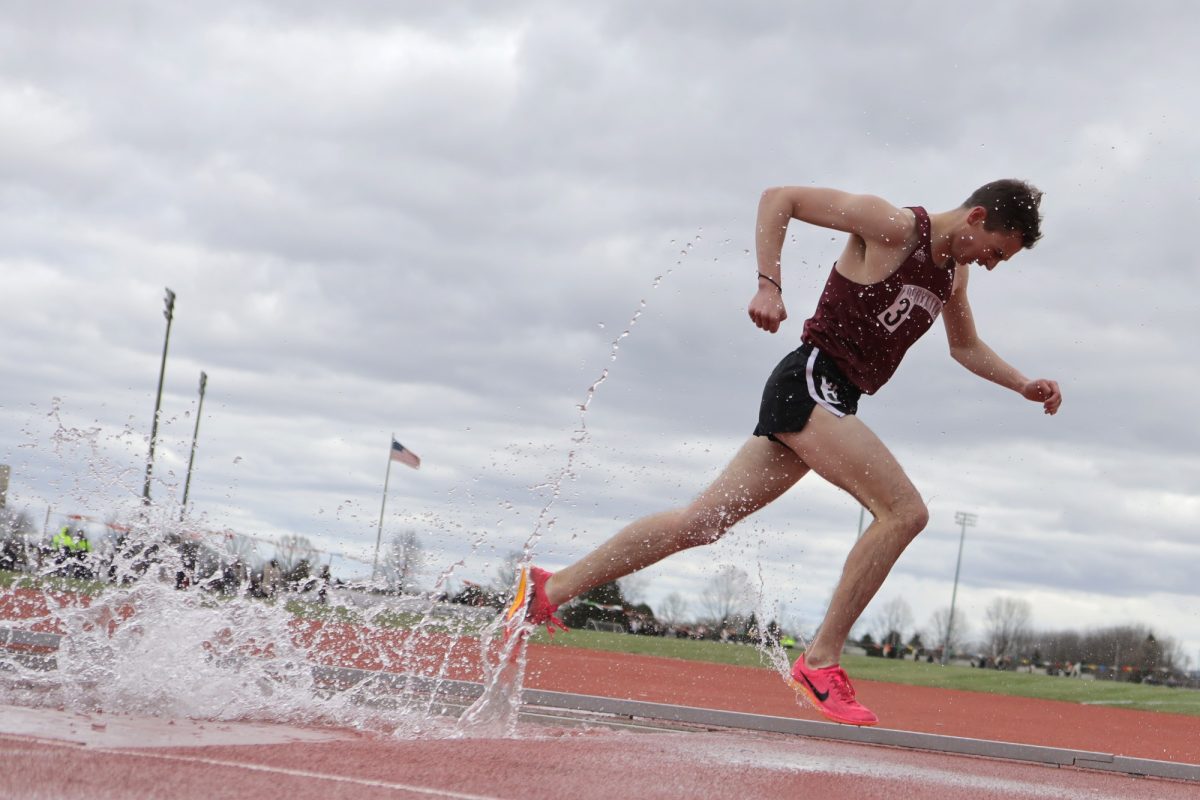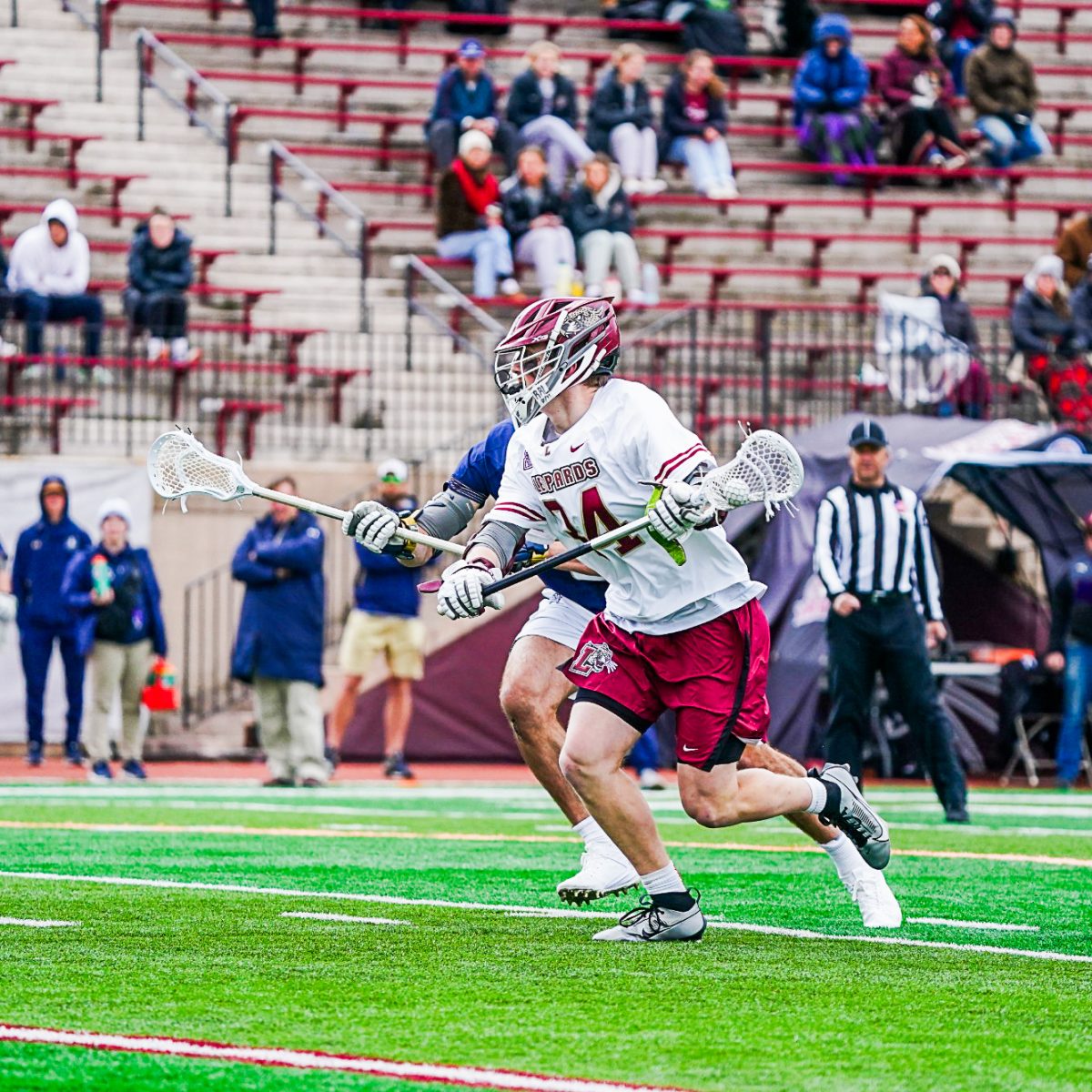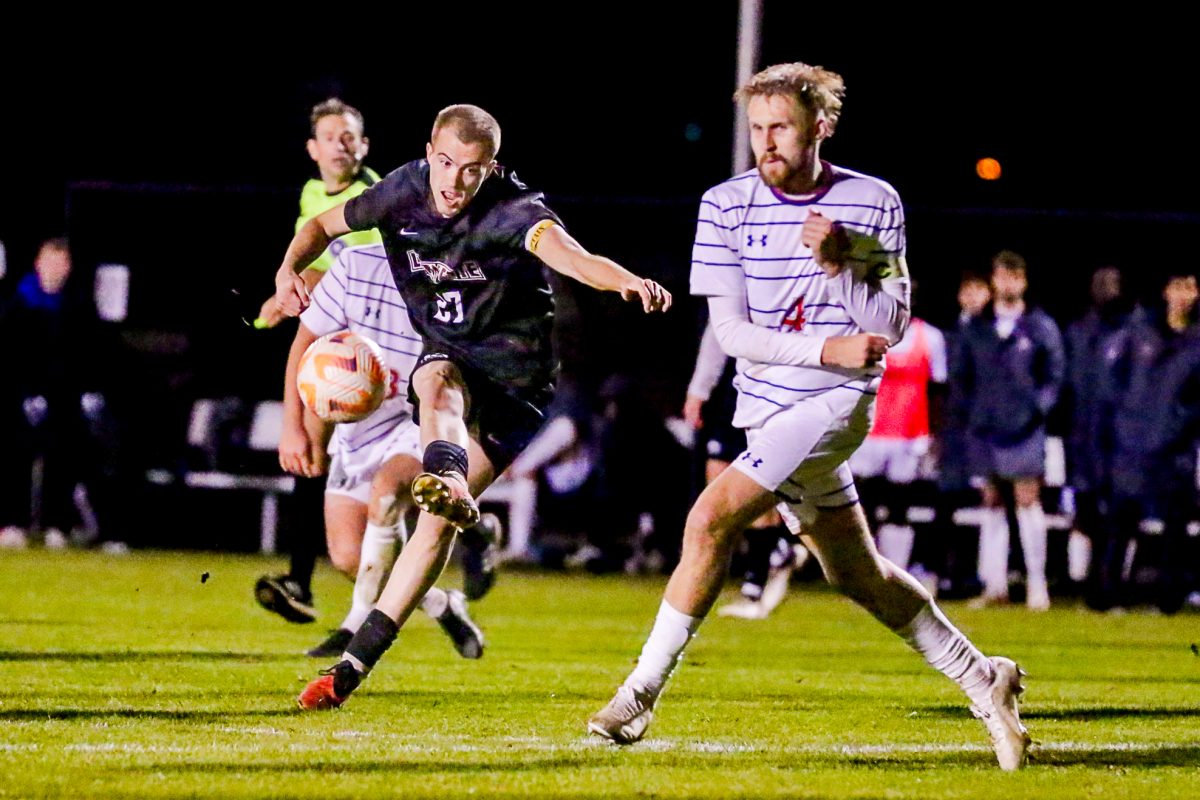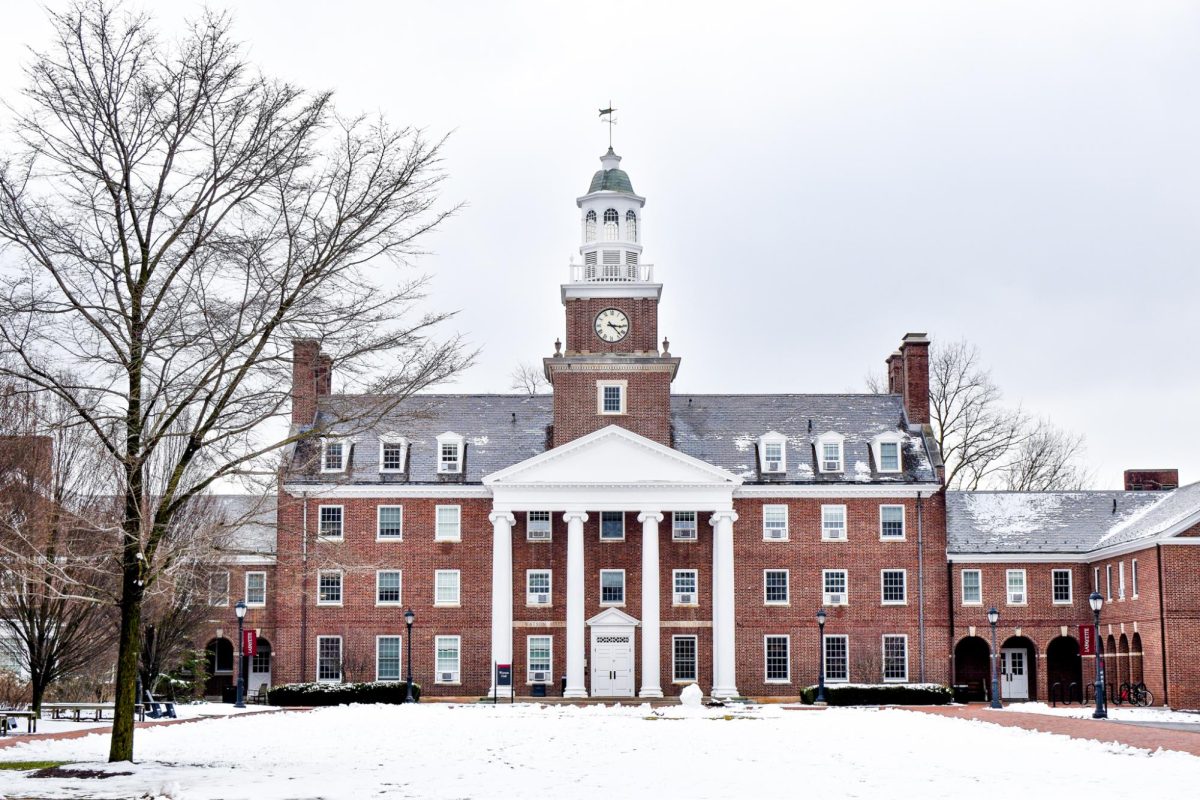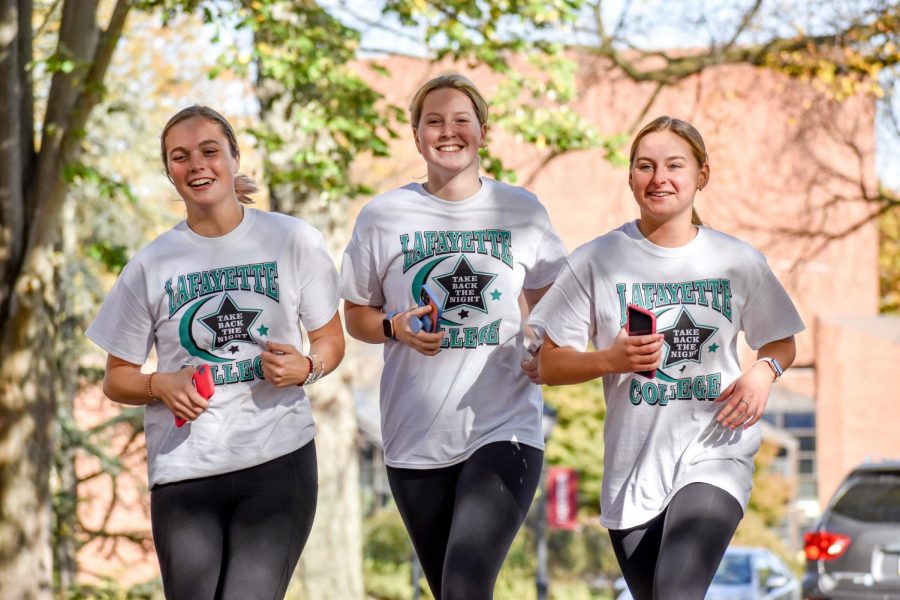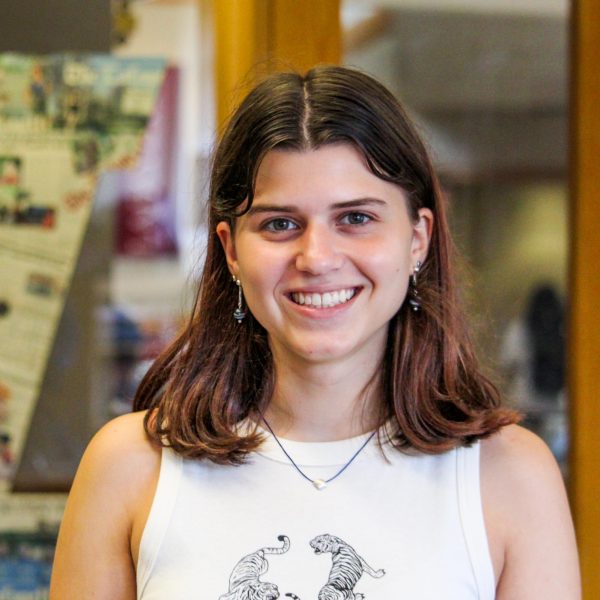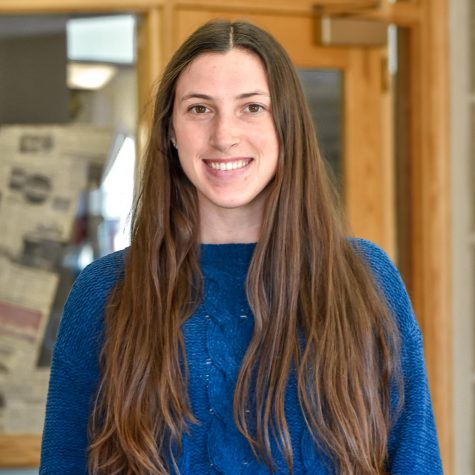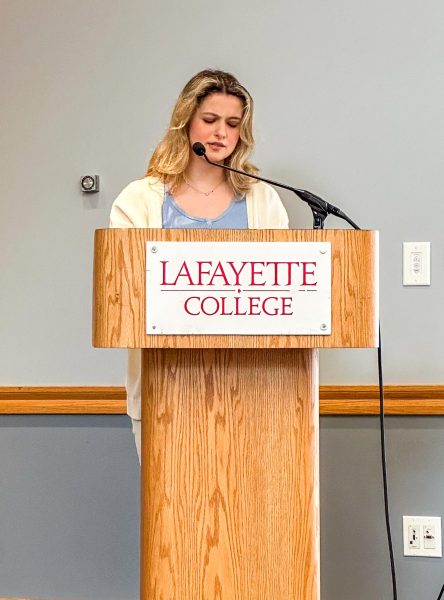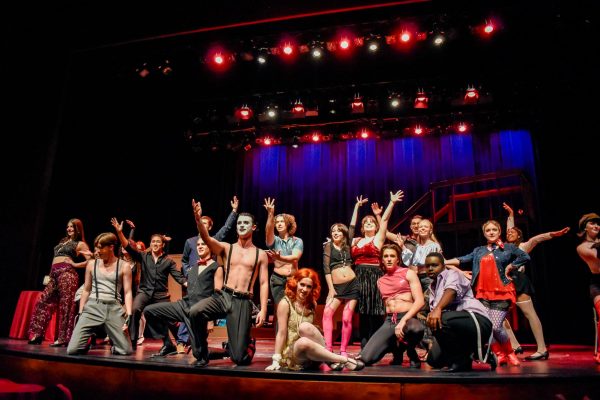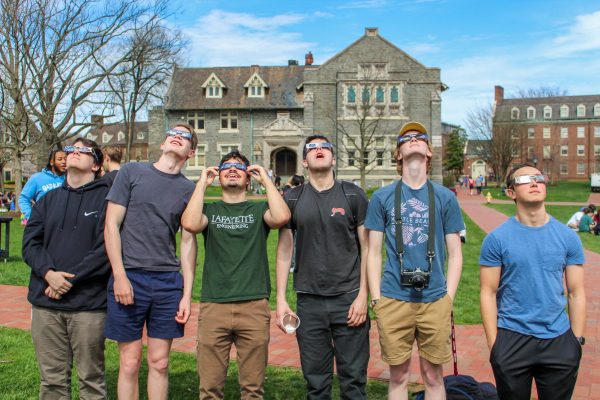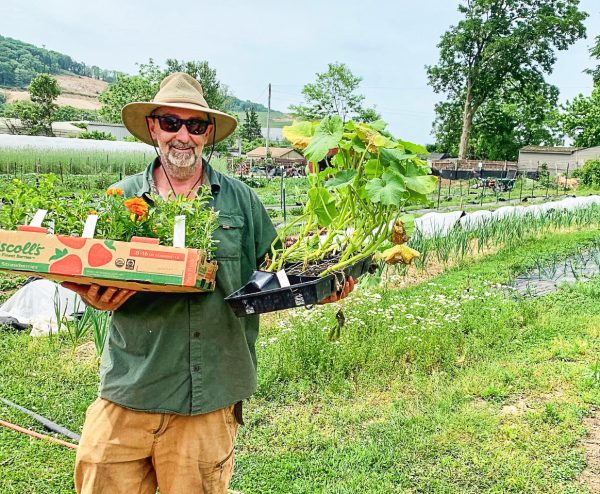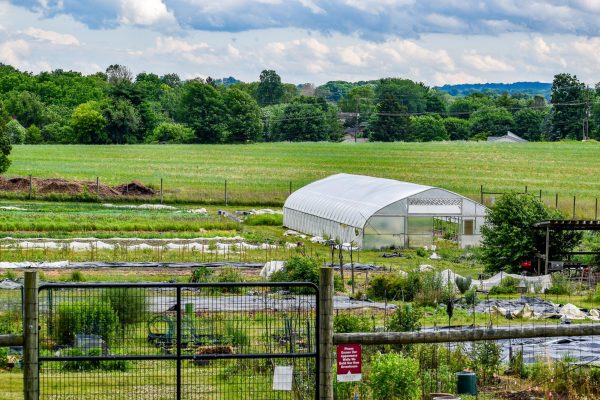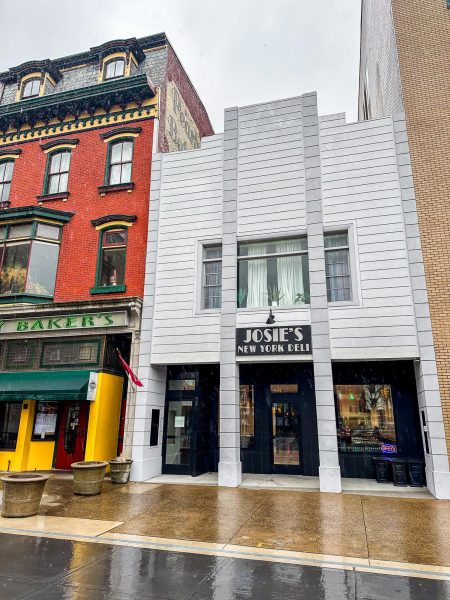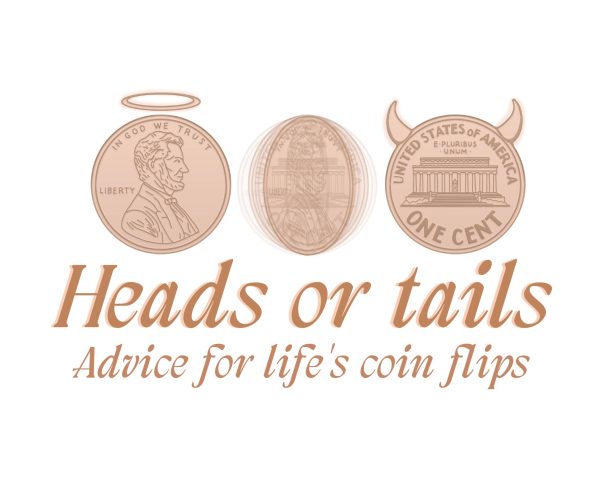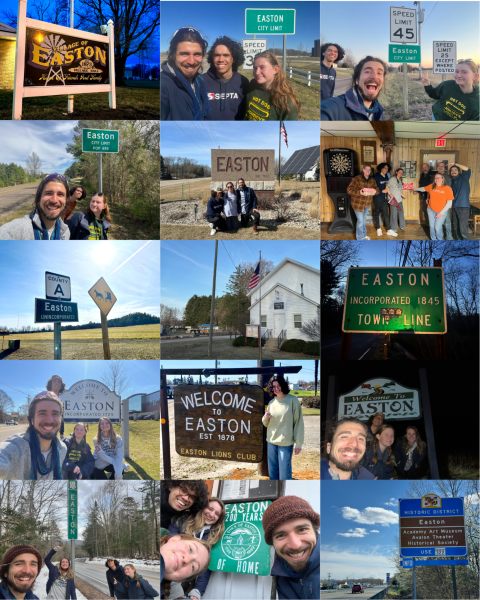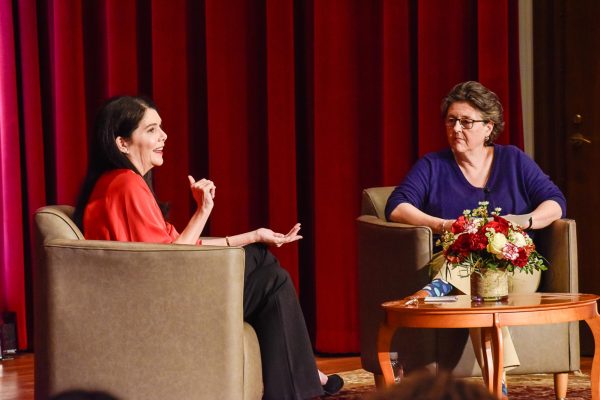Annual Take Back the Night events aim to rewrite narrative around sexual assault
November 12, 2021
In Farinon Student Center, colorful lines of t-shirts currently hang throughout the atrium. It may look unusual, but in reality, these shirts tell a deep story about what it means to be a survivor of sexual assault or an ally.
Pards Against Sexual Assault (PASA) held their annual Take Back the Night events this week to acknowledge survivors of sexual assault and demonstrate allyship through interactive campus events. Events included a 5K run, a t-shirt clothesline project, a keynote speaker and a vigil.
Take Back the Night is an international event and non-profit organization founded to end and raise awareness for sexual assault, domestic violence and all other forms of sexual violence.
To kick off the week, several students participated in a 5K run around the quad on Sunday. PASA sold reverse tie-dyed shirts during the 5K to express allyship. All proceeds went towards the Crime Victims Council of the Lehigh Valley and Turning Point Lehigh Valley to support and provide resources for survivors.
Following the 5K, students had the opportunity to contribute to the annual clothesline project in Farinon Center on Monday and Tuesday by writing a message on a t-shirt either to show support or self-reflect. The shirts were then hung up as a physical symbol of allyship and survivorship on campus.
To close off the week, Student Advocate and Prevention Coordinator Katy Bednarski and Psychology Professor Susan Hannan gave a keynote address, which turned into a community discussion about how to empower survivors and make Lafayette a safer space through both an individual and campus lens.
The week concluded with a reflective vigil held outside of Colton Chapel yesterday that served as an open-ended space for survivors of sexual assault to speak their piece, tell their stories and acknowledge the narratives of those around them.
PASA Co-President Libby Mayer ‘22 said that the power of the vigil is more impactful in-person than over Zoom, where it was held last year.
“You want to feel that safe and supportive environment and it’s just so tough after you speak to just turn your mic off,” Mayer said. “You can still get that same sense of silence when you’re at the vigil but you can feel the energy and support around you…that’s something you can’t mimic over Zoom.”
Despite having some anxieties about attendance, PASA member Maddie Barto ‘22 expressed satisfaction with the number of people that showed up and showed positive attitudes at the events.
“I think a lot of people have been really overwhelmed after covid, so it’s been really nice to see the community get behind supporting survivors and carve out time to make a difference,” Barto said.
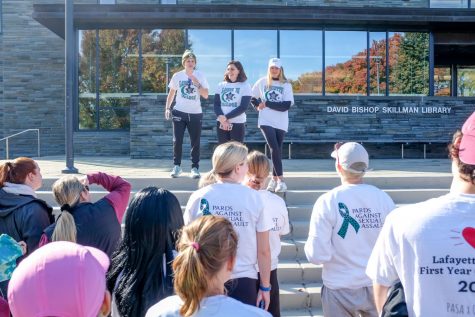
Mayer said that Lafayette’s interpretation of Take Back the Night focuses on the relevance of sexual assault on a college campus.
“I think it’s especially important to just remind people on our campus that survivorship and sexual assault is not just a globalized issue. It’s local, and it affects the people you interact with every single day,” Mayer said.
Another one of PASA’s missions with Take Back the Night is to help survivors feel empowered in their bodies and comfortable in spaces on campus again.
“We have so many people who are new to campus or new to semi-normal college life, that it just puts a lot of people in a very vulnerable place,” Barto said. “We are at a really interesting turning point where we can rewrite the narrative around sexual assault on campus and really emphasize prevention.”
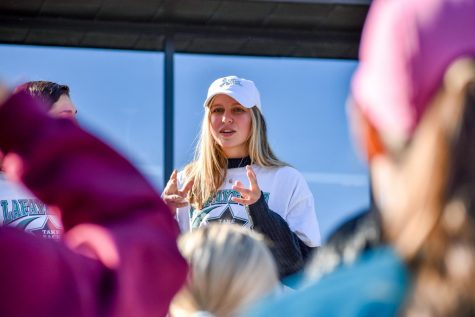
As Mayer prepares to graduate and hand the torch on to the next generation of PASA members, she hopes that Take Back the Night will continue to reflect upon the needs of the community and adapt to support the changing dialogue around sexual assault.
“There’s always things that we can be doing to better support and uplift survivors. There’s always things that we can be doing to contribute to solving and ending sexual assault on our campus,” Mayer said.


